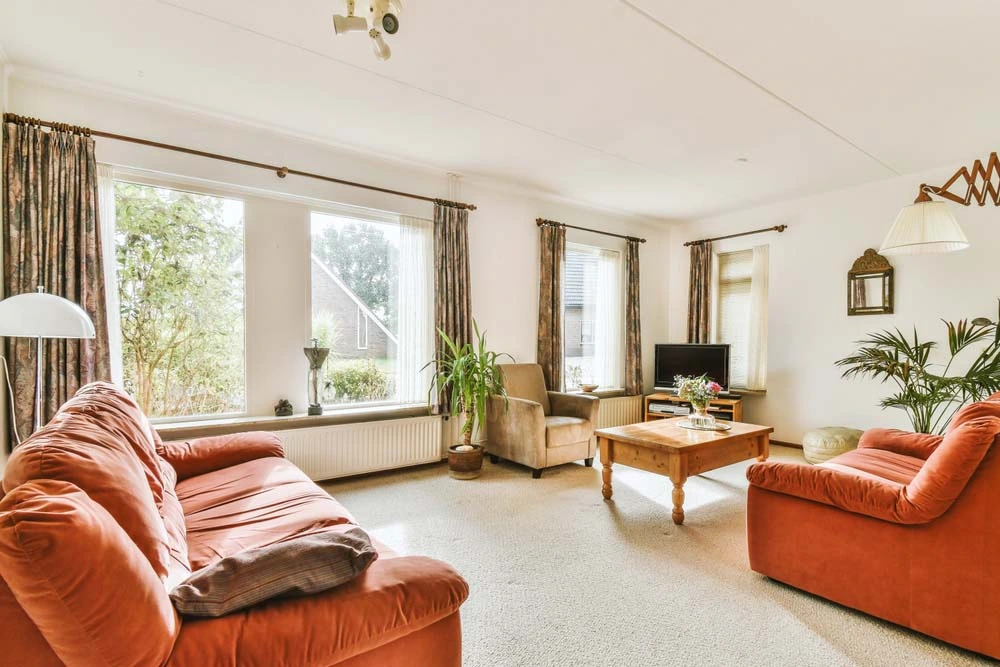If you’re thinking about listing your home or condo on Airbnb, you’ve probably realized Toronto’s short-term rental rules can feel a little confusing. Don’t worry — you’re not alone. Between registration requirements, night limits, and taxes, it’s easy to miss a step. But here’s the thing: once you understand the Airbnb rules in Toronto enforces, it’s actually pretty straightforward to stay compliant and run a successful rental.
Let’s dive into what you need to know about short term rentals in the City of Toronto, including how to get your Airbnb license Toronto and what’s expected of hosts in 2025.
What Counts as a Short-Term Rental in Toronto?
Toronto defines a short-term rental as any private home, condo, or room rented for less than 28 consecutive days. These Airbnb rules in Toronto apply to platforms like Airbnb and other home-sharing sites — but not to hotels or unpaid stays.
So, whether you’re a homeowner or a tenant, if you’re listing on Airbnb Toronto, you’re part of this category and must follow the city’s short term rental bylaw.
You Can Only Host from Your Primary Residence

Here’s the golden rule: in Toronto, you can only rent your primary residence. That means the place where you actually live most of the time — not an investment property or a secondary suite you don’t occupy.
You’re allowed to rent your entire home (for up to 180 nights per year) or individual rooms year-round. And if you’re renting just rooms, you can host up to three bedrooms in total.
By the way, this rule applies whether you’re a homeowner, tenant, or someone living in a laneway suite — as long as it’s your principal residence.
Getting Your Toronto Short Term Rental License
Before you list, you’ll need to register with the City and get a Toronto short term rental license. Registration helps ensure host compliance and keeps the local housing market fair.
Here’s what you’ll need:
- Your address and contact information
- Property details (entire unit or room rental)
- A 24/7 emergency contact
- Valid government-issued ID
- A $375 annual registration fee (paid online)
Once you’ve applied, you should receive your registration number by email within five business days. After that, you must display this number on your listing — otherwise, your post could get removed from Airbnb Toronto.
Need help getting your registration sorted? Check out how to apply for your Airbnb license Toronto.
Renewing Your Registration Each Year

Your Airbnb license Toronto is valid for one year from the issue date. Don’t forget to renew it annually and pay the renewal fee — also $375. You can do this online through the City’s portal, which makes it pretty simple to keep everything up to date.
Taxes and Airbnb Compliance
All hosts in Toronto must pay a 6-8.5% Municipal Accommodation Tax (MAT) for stays under 28 days. Luckily, Airbnb takes care of this automatically — since January 2021, the platform collects and remits the tax on your behalf.
That said, if you’re earning income from month to month rentals Toronto, you should keep detailed records of your Airbnb revenue for tax purposes, which will make tax season much easier to manage.
Other Airbnb Rules in Toronto You Shouldn’t Ignore
Besides the official Toronto short term rental bylaw, you might also have to follow building-specific or lease-specific Airbnb rules in Toronto. Some condo boards, HOAs, or landlords have additional restrictions — like prohibiting short-term rentals altogether.
So before listing, it’s smart to check your lease agreement or talk with your condo board. That little bit of research could save you from costly violations later on.
Night Limits and Hosting Flexibility
Let’s clarify those night limits. You can rent your entire home for up to 180 nights per year. But if you’re renting out individual rooms within your home, there’s no annual cap. This setup gives hosts a lot of flexibility — especially for those who enjoy meeting travelers while still living in their home. Many hosts find that working with vacation rental property management services makes it even easier to track bookings, handle turnovers, and maximize occupancy within these limits.
For guests looking for longer stays, you can also explore month to month rentals Toronto allows, which fall outside the short-term category.
Why Working with a Professional Airbnb Property Management Company Helps

Professional Airbnb management Toronto and Airbnb management Montreal services like Guestable handle everything from guest communication to compliance, helping you save time and maximize your rental income. Here’s how a professional vacation rental property management company can make hosting easier and more profitable:
Stay Fully Compliant with City Regulations
A vacation rental property management company understands every detail of City of Toronto short term rentals rules and ensures your property meets all requirements. From registration to renewals, they’ll manage your Toronto short term rental license so you can host without worry.
Maximize Earnings Through Smarter Pricing
Managers continuously analyze Airbnb prices and local market data to adjust your rates strategically. This keeps you competitive in the short term rental city of Toronto market while increasing your booking revenue throughout the year.
Streamline Guest Communication and Support
With short term rental management, you won’t have to deal with constant guest messages or booking requests. Airbnb property management companies handle communication, check-ins, and reviews, maintaining a high guest satisfaction rate.
Simplify Cleaning and Maintenance
Consistent property care builds trust and great reviews. Airbnb Management Toronto companies coordinate professional cleaning and handle small maintenance issues so your home always looks its best for every guest.
Save Time and Reduce Stress
Hosting becomes effortless when experts handle the details. From marketing your listing to handling turnovers, professionals managing short term rentals Toronto make hosting a reliable, passive income stream.
Scale Your Hosting Business with Ease
Thinking about expanding to other markets? Partnering with experts in Airbnb Management Montreal helps you maintain the same level of service and compliance while growing your rental portfolio confidently.
Toronto’s short-term rental market continues to grow, but with that comes responsibility. By following the latest Airbnb rules in Toronto enforces, registering your property properly, and staying on top of renewals and taxes, you’ll keep your listing active and stress-free.
If you’re ready to make hosting easier — and more profitable — consider partnering with experts in short term rental management like Guestable. They’ll handle the logistics while you enjoy the rewards of being a confident, compliant Airbnb host.
Frequently Asked Questions
Yes, you can! Many hosts in the short term rental city of Toronto hire professional property managers or co-hosts to handle cleaning, guest communication, and check-ins. Just make sure your property manager is familiar with City of Toronto short term rentals regulations so your listing stays compliant. This approach works well if you’re busy or travel often but still want to earn from your property.
To get a good idea of your earning potential, start by checking Airbnb prices in your neighborhood and comparing similar listings. Platforms like Guestable—an Airbnb property management—can help analyze short term rentals Toronto data — including average occupancy rates, monthly revenue, and guest trends. This gives you a realistic snapshot of what your City of Toronto short term rentals could earn annually, depending on your setup and seasonality.
